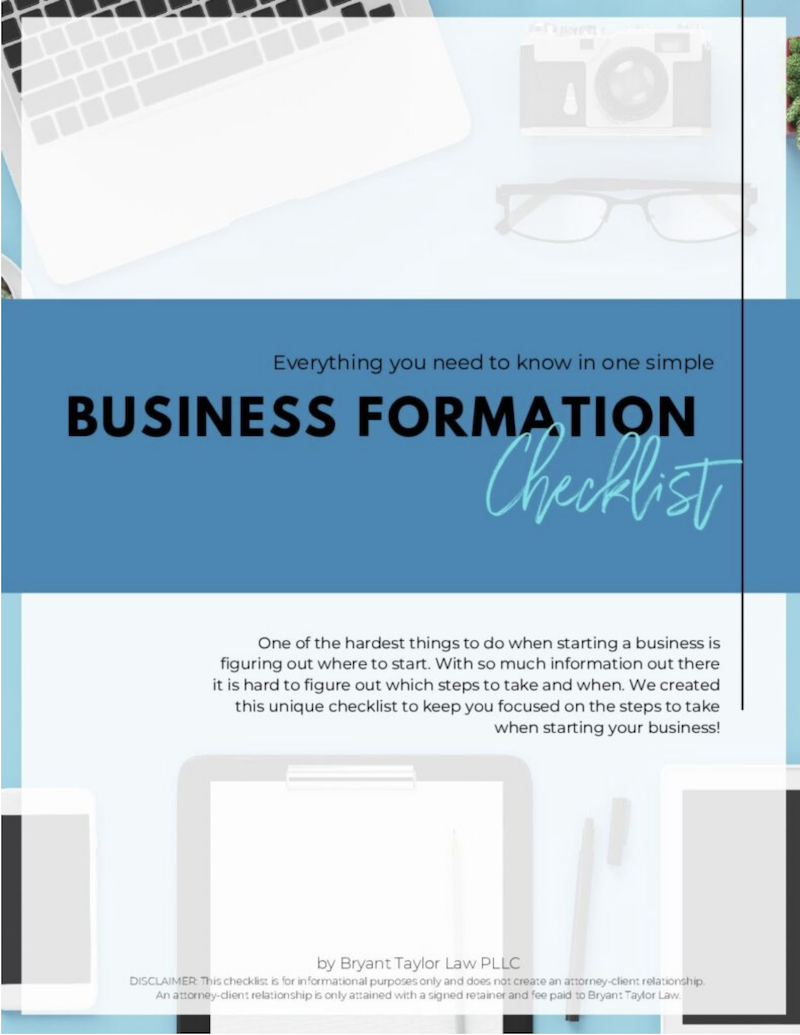No one forms a business with the intention to close, but it happens. When it does, Florida law creates specific rules for properly closing (aka “dissolving”) a LLC. If you have an operating agreement, you can simply follow those steps outlined in your agreement. Just another reason why your LLC needs an operating agreement as we discussed before.
If you do not have an operating agreement, you must follow Florida’s default rules for dissolving a LLC. Luckily, we summarized the basic steps below:
Types of Dissolution
In Florida, a LLC can be dissolved in 3 ways;
- Voluntary Dissolution– Members agree to dissolution. The method on voting or coming to the decision to dissolve will depend on the operating agreement if there is one. Regardless, the members should create a written record that they agreed to dissolve the LLC.
- Judicial Dissolution– A judge orders dissolution. There are many reasons why a court will order a LLC to dissolve, but this occurs after someone files a lawsuit with a court.
- Administrative Dissolution– The state dissolves the LLC. Similar to a judicial dissolution, there are several reasons why the state would dissolve a LLC. A couple reasons could be that the LLC fails to pay its annual fees or the LLC fails to maintain a registered agent.
Keep in mind that there are consequences depending on which dissolution is chosen. For example, if you voluntarily dissolve a LLC, you can never reinstate that LLC. However, reinstatement is possible if the state administratively dissolves the LLC. As a result, when dissolving a LLC, you must choose the right type of dissolution that fits your situation. An experienced business attorney can help you decide which type of dissolution is right for your business.
Steps to Dissolving Florida LLC
File Articles of Dissolution
First, the LLC files the Articles of Dissolution. The Articles of Dissolution gives the state notice of the LLC dissolution. This does not mean the dissolution is official. There are additional steps to follow, but filing the Articles of Dissolution starts the process. If the Articles of Dissolution conform to Florida law, the state will issue a Certificate of Dissolution to the LLC.
Pay Creditors
Next, after filing the Articles of Dissolution, the business is only allowed to operate to settle claims with creditors and distribute its assets. This process is commonly known as “winding up”. Again, if there is an operating agreement, the LLC just needs to follow the outlined procedure. If there is no operating agreement, the state rules dictate how the LLC must wind down. The general procedure is that the LLC gather its assets, settle its debts and then divide the remaining assets among the members. This process is often the most time consuming stage of closing down the business. As a result, particular care must be taken when winding up the business.
File Statement of Termination
Finally, after the LLC winds up the business, the Statement of Termination must be filed. The Statement of Termination notifies the state that the winding up process is complete. Click here for a copy of a Statement of Termination that a LLC can submit to the state.
Special Considerations
After reading this, you may be asking yourself, “Why go through all this? Why can’t I just let the company close and open a new one later?” Failing to follow the proper procedures for dissolving a LLC leaves the owners open to personal liability. The dissolution process may be long, but it is worth it to perform it the right way. An experienced Fort Lauderdale business attorney can help guide you through this process and ensure full compliance with Florida law. If you are considering dissolving your LLC, give us a call at (954) 282-9331 or request a consultation today!
Bryant Taylor Law
333 Las Olas Way
Suite 416
Fort Lauderdale, FL 33301
ventus
Latest posts by ventus (see all)
- The Role of a Business Attorney in Estate Planning - October 13, 2022




